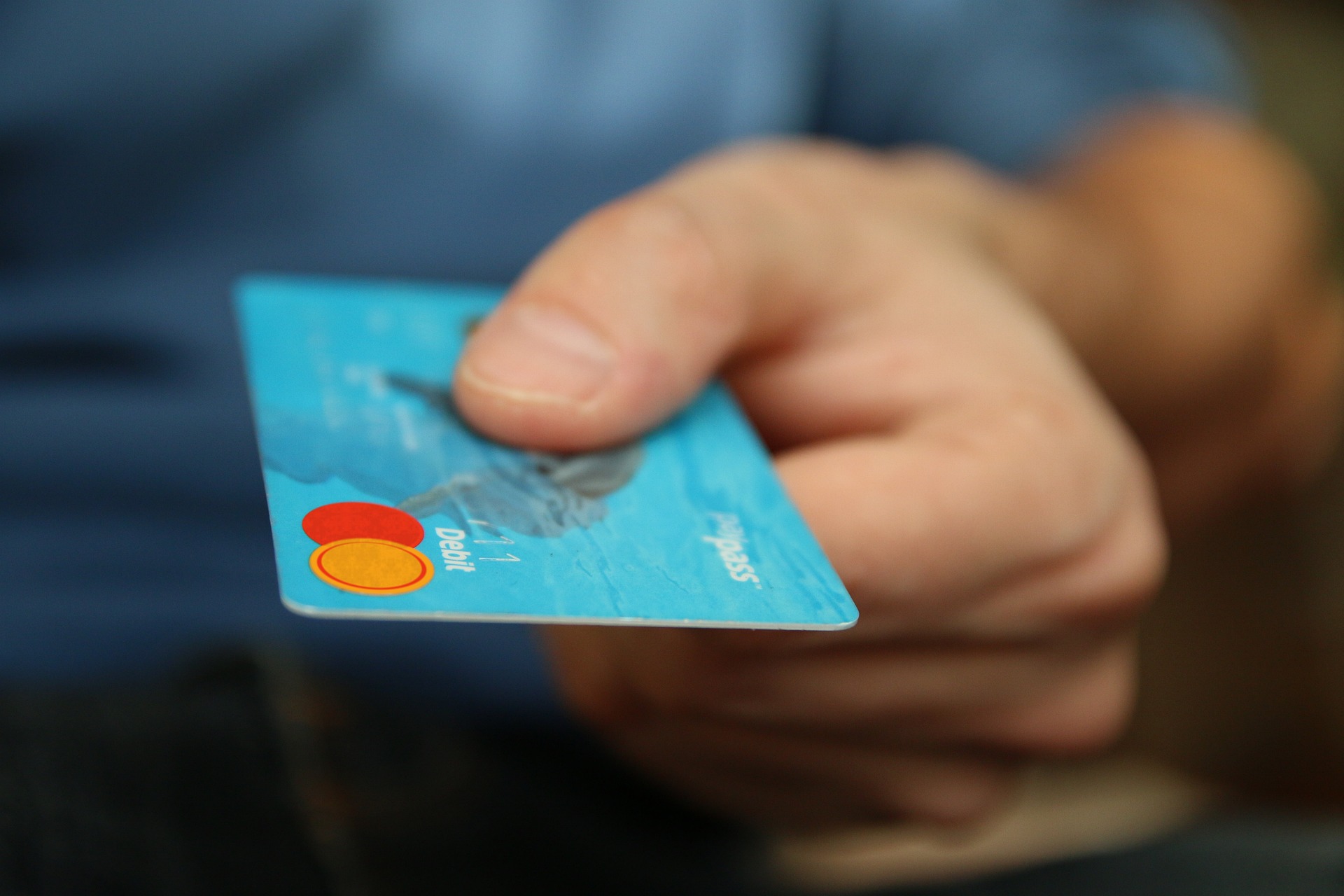While it can be extremely rewarding, buying an investment property is no small undertaking when you are first starting out in real estate investing.
Because you are likely putting a lot of your hard-earned money into an investment property and possibly your name (and credit score) on a loan, it’s important that you have a good idea of exactly what you are getting yourself into.
To help guide you into a successful real estate investing experience, consider the following 7 things before signing your name on any dotted lines:
- Do you know what you’re doing?
This may sound a bit condescending, but seriously, do you know what you are doing? You might be surprised when you honestly ask yourself this question how easy it may be to say “no”. Real estate investing is really not the industry dive head-first into if you don’t know what you are doing. At some point you will have to give it a whirl, likely without knowing every single thing you need to know, but you should at least have a solid handle on what you are pursuing so you don’t completely tank yourself right off the bat.
There are so many different kinds of properties to invest in and ways of being a real estate investor that your first step should be identifying what option fits your goals, interests and skill level. Once you identify an avenue of real estate investing to pursue, you the need to learn the basics of that particular method: how to go about it, what is required to succeed in it, what are the risks, and how to get started. If you can’t respond to these, at a minimum, you don’t know what you are doing. Yet.
- What is your skill level?
This is another question worth answering honestly. This is not the time to try to sound better or more skilled than you really are. What you have to realize with real estate investing is that all of the different ways of going about it come with different required skill levels. You can invest in a property that requires next to no skill on your part outside of just being able to do basic due diligence, or you can
What is your personal skill level compared to what the investment property you are looking at requires? Again, don’t flatter yourself; now is not the time.
- Do you know the numbers?
You have to know the numbers. The whole point of investing in real estate is to make a financial gain. Finances are quantified in numbers. Therefore, you have to know the numbers.
If you are flipping a property, what is the After Repair Value (ARV) of the property? How much do you anticipate the rehab costing and how certain are you of that number? How much room for going over budget do you have before you start to lose money? What are the financing terms and payments?
Not all numbers can be known upfront—some have to be estimated and some are forecast—but you should have some working spreadsheets for any property you are seriously considering. If you are unfamiliar with how to run the numbers for the particular investment strategy you are pursuing, it’s way too soon to start investing. Take the time to learn the numbers. Otherwise you are likely just going to be tossing money to the wind and not making money on the investment property you purchase. You could even end up losing more than you put in.
- Can you identify the risk factors?
Almost as important as the numbers are the risk factors. What are all of the ways you could lose the money you are predicting that you will earn? The more risk factors you can identify ahead of time, the more opportunity you have to mitigate those risks as best as possible. When you are able to mitigate risk, you are more likely to see success in your real estate investing.
What kinds of things can contribute to risk factors?
- Property quality
- Location (“Location, location, location”!)
- Loan type
- Your skill level
- Accuracy of pro formas
Each of these can create challenges to the success of your investment property. Understanding what the risk in each is, and how to properly mitigate it as best as possible, will set you miles ahead when it comes to the chances of your property sustaining profit.
- Where are you buying?
Of the risk factors, location of the property is key. Not only just the neighborhood in which it’s located, but also the larger market it is located in. The larger market is called the “macro-market”. Then the subset of the macro-market that is it is located in, like the specific city and possibly even the neighborhood, is called the “micro-market”.
Both the macro-market and the micro-market are important when it comes to the potential success of your investment property.
The end game with an investment always involves people, and the more people that want your property in whatever capacity, the more profit you can expect.
- What is your exit strategy?
What is the end game for your investment property?
If you’re flipping it, how much do you expect to flip it for, in what timeframe, and who do you plan to flip it to (primary homebuyer, another investor, etc.)? What contingencies do you have in place in case things don’t go exactly as expected?
Knowing how you plan to get out of a property is almost as important as knowing how to get into a property. Your exit strategy will ultimately determine your profit. The more options for exit strategy you have in place, the better. Sometimes things go totally as expected, other times they don’t. Have plans in place!
- Does this property fit your goals?
What is your reason for buying an investment property and what is your reason for buying this investment property in particular?
Different real estate investing methods and different investment property types achieve different things. While financial gain is likely a common goal for all investors, the means to the financial gain can vary widely. You need to make sure those means fit your goals.
Some of those goals may include:
- Short-term vs. long-term income
- Active vs. passive income
- Specific financial goals
- Desired work levels
- Desired risk levels
The more your investment property matches your goals, the more satisfaction you will feel from it and the more likely you are to succeed with it.
Can you answer all of those questions? Have you carefully considered each of these factors?
If you honestly consider the answer to each of these questions, you will be much farther along than most in terms of setting yourself up with the greatest chance for success with any investment property you purchase.
Remember, in real estate investing and when it comes to getting started in it, slow and steady wins the race. If you spend the time to learn what you need to learn and learn the proper considerations before you dive into that first property, you will not only increase your odds for success but you are more likely to sleep better at night than you would if you just dive in blindly. No one learned any of this stuff in school, so be patient with yourself and what you know (or don’t know) and learn from your mistakes and you will go far as a real estate investor!

